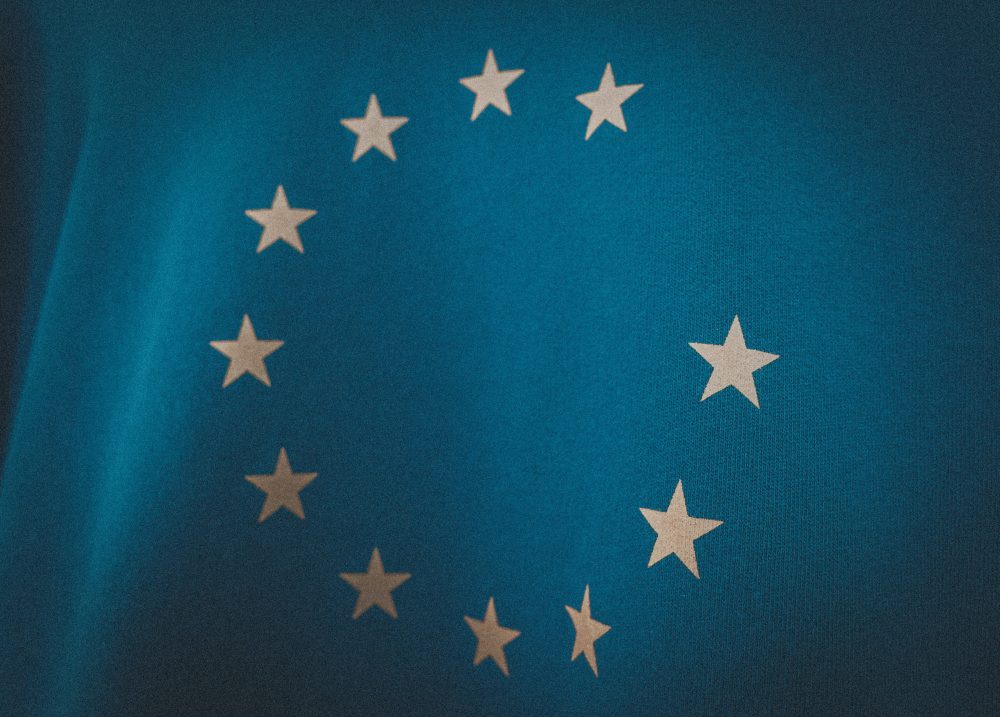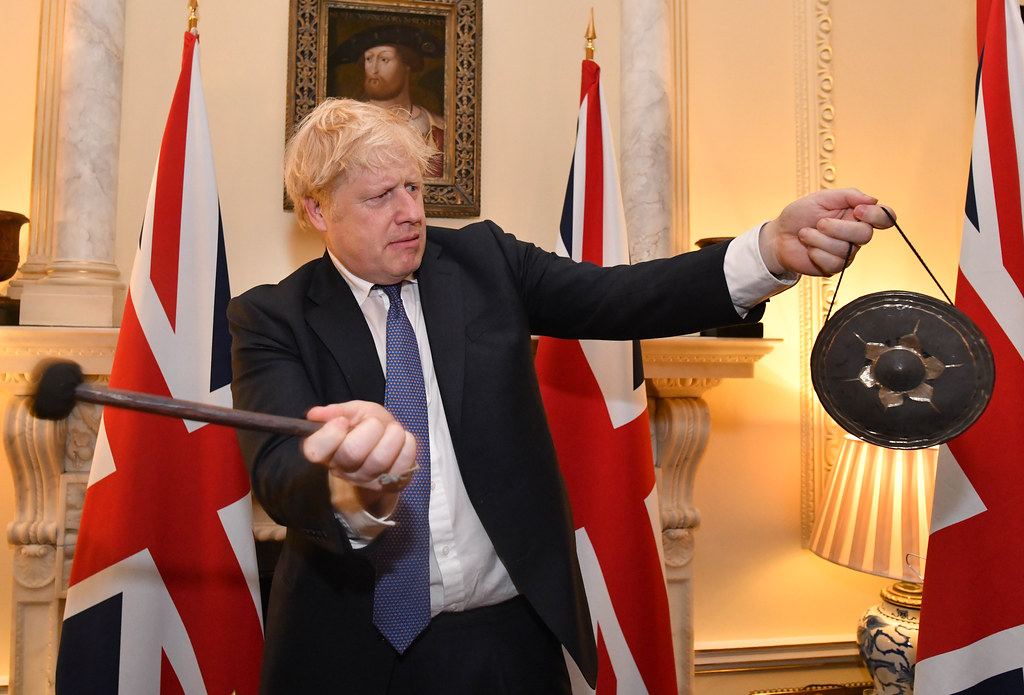 The CE mark, visible on various products to indicate that they comply with the minimum safety, health, and environmental protection requirements, will no longer be used in Britain from 1 January 2023 as a result of Brexit. Renaud Foucart explains what options and dilemmas the government is facing as a result.
The CE mark, visible on various products to indicate that they comply with the minimum safety, health, and environmental protection requirements, will no longer be used in Britain from 1 January 2023 as a result of Brexit. Renaud Foucart explains what options and dilemmas the government is facing as a result.
One of the major stated objectives of Brexit was to reduce the cost of excessive regulation and bureaucratic procedures. Another was to ‘take back control’ of all relevant regulations, in the name of sovereignty. The current uncertainties about the replacement of the CE mark by the UK Conformity Assessed (UKCA) marking for goods show that those two objectives are often conflicting. On the one hand, by forcing firms to apply for the new UKCA marking, the government would be increasing bureaucracy and costs; by keeping the CE label, it would be following rules and regulations on which it has no say.
To prove that a product complies with health, safety, and environmental protection standards, most countries require firms to apply for a marking. In the EU, Switzerland, Turkey and other close EU trading partners, this is the CE label. In the US, there are several equivalent labels depending on the type of product.
If nothing changes in the next few months, in 2023 firms selling products in Great Britain (not in Northern Ireland, which remains in the EU single market for goods) will have to carry the new UKCA certification. This label was created in 2019 by Theresa May’s government as a last resort solution in the event of a ‘no deal’ Brexit; it then became a symbol of the UK’s determination to leave the single market.
As the current UK standards are retained from EU law, obtaining the new certification is at the moment merely a costly bureaucratic exercise, duplicating current regulations. In the future, if the UK chooses to diverge from some European standards, the change may involve complete testing of products and design, or process modifications aimed specifically at the UK market. A similar plan exists to duplicate the REACH database on chemical products by the end of 2025, for a cost the industry estimates at £1bn.
Several recent articles hinted that the Brexit opportunities minister Jacob Rees-Mogg is now ready to abandon the UKCA requirement. According to such reports, the minister would be happy to change the law and unilaterally recognise the EU label instead, and perhaps even labels from other countries. However, Downing Street has tried to distance itself from the idea.
Why is this so contentious? Having common rules and standards is essential for trade to be smooth: they make consumers confident that what they buy is safe and not produced in a way that is harmful to the environment. They also ensure firms compete on a level-playing field. Such rules and standards are typically the result of long interactions between EU institutions and industry, and subject to a vote by the EU Parliament.
The details can, however, be very specific. To be allowed to affix the CE marking to a product, a firm must carry out a conformity assessment, provide documents describing the product and how it respects corresponding EU directives, and sometimes pay for the services of a certified third party carrying an assessment procedure. For that reason, it is in the interest of producers to follow a single standard when trading in several countries. British firms repeatedly warned the government of the high cost of implementing UKCA, and overwhelmingly support the possibility of keeping the EU standard.
Why not simply follow the will of British businesses and recognise European standards, then? The UK does not seem to seek any specific change to the actual regulations. There is not a single mention of UKCA in the recent government publication on the potential ‘Benefits of Brexit’. There is also no specific example of health and safety or environmental regulation it considers altering. The only change in marking detailed in the document is the return of the crown stamp symbol on pint glasses, something EU law never actually prohibited.
The main reason is the deep commitment of the current UK government to keep the theoretical right to diverge from EU regulation. This specific definition of sovereignty is not entirely absurd. It is actually consistent with the well-documented public preference for being in control, not in order to achieve something specific, but for the sake of it. We value more the decisions we take, even if they are in practice meaningless. This preference nevertheless has a real cost.
UK manufacturing constitutes almost half of the UK exports and is deeply integrated with EU supply chains. Any foreign firm wanting to export goods to the UK typically already uses the CE label. The same holds for any UK firm exporting to the EU. Hence, in case of unilateral recognition of the CE label, the UK standard is unlikely to ever become relevant. With the EU having consistently refused to recognise the UKCA marking, only the goods that are made and sold exclusively in the UK would possibly display it.
In case of unilateral recognition, what would happen if the UK government chose to diverge from EU rules? If it tries to have stricter rules, firms could easily bypass them by using a CE mark instead of the UKCA one. If it tries to have more relaxed rules, consumers will perceive the CE-marked goods as the high-quality ones and the UKCA standard as inferior. Hardly a good symbol for ‘Global Britain’.
Absent any identifiable benefit from specific changes in health, safety, or environmental regulations, the UK therefore faces two equally undesirable options. Either to unilaterally recognise foreign certifications, at the cost of being less ‘sovereign’ than before Brexit; or insist on keeping UK-only standards, which would imply more bureaucracy and red tape. Both outcomes are the opposite of what many members of the government claim they want to achieve outside of the EU single market.
_____________________
 Renaud Foucart is Senior Lecturer in the Management School at Lancaster University.
Renaud Foucart is Senior Lecturer in the Management School at Lancaster University.







